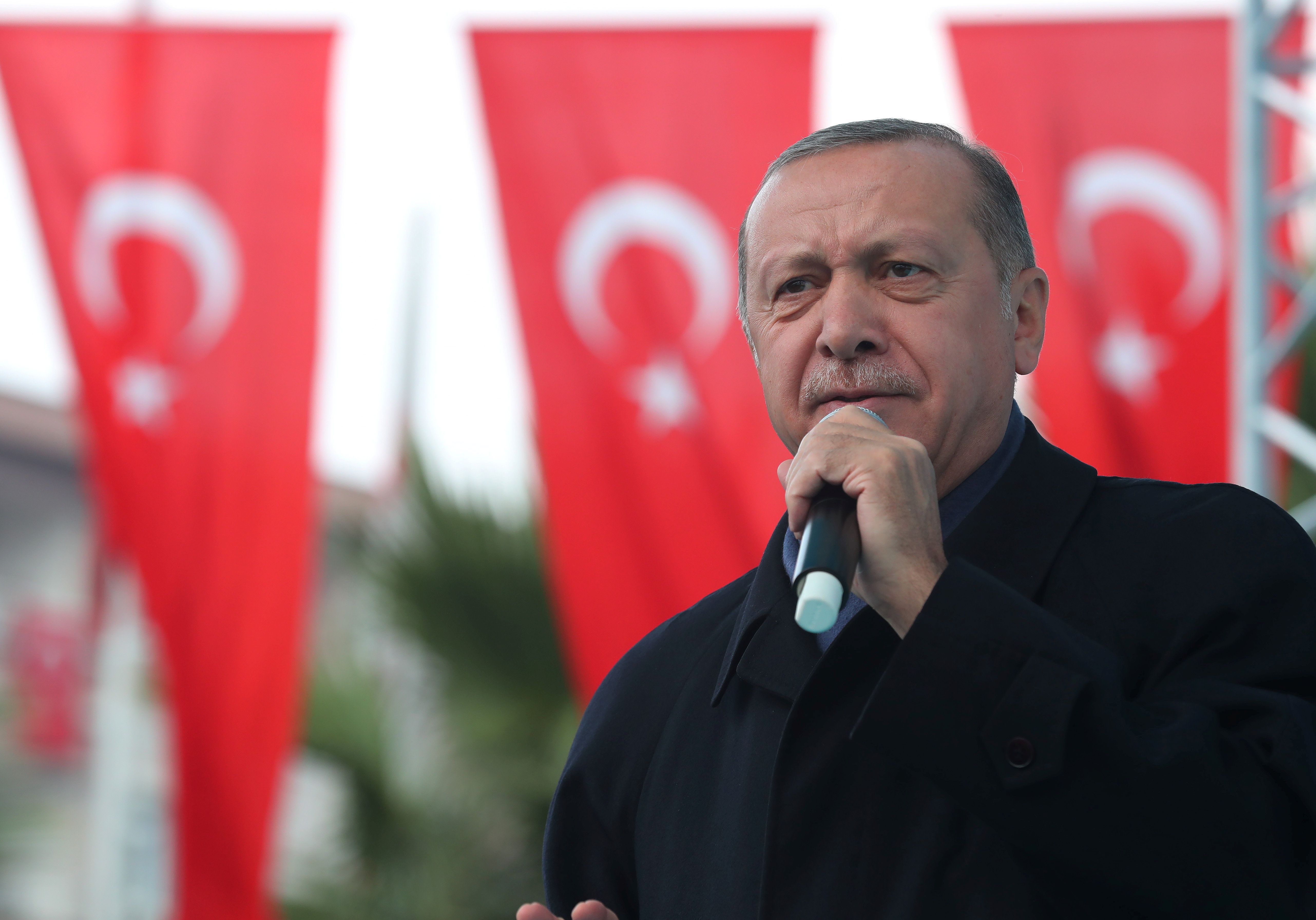October 23, 2018
Moments ago, Turkish President Recep Tayyip Erdogan delivered a highly anticipated speech in which he had pledged to unveil the “naked truth” about what happened to Saudi dissident journalist Jamal Khashoggi at the kingdom’s consulate in Istanbul.
As it happens, he kept some clothes on the story after all. Mr. Erdogan did divulge details suggesting the murder was a meticulously planned “political killing,” an accusation that directly contradicts Riyadh’s explanation that Khashoggi died accidentally after a kidnapping attempt went haywire. But Mr. Erdogan pointedly did not reveal any of the gruesome audio and video recordings of the crime that his top intel officials have reportedly obtained. And he did not mention Crown Prince Mohammed bin Salman by name.
While his speech lacked the fireworks and clarity that some had expected, it was a shrewd move to reveal less than he may truly know about the affair. This approach gives him ongoing leverage in three areas:
First, regional politics: Ankara and Riyadh have been at odds at least since 2011, when Erdogan’s support for Islamist political parties during the Arab Spring infuriated the Gulf monarchies and other regional dictatorships who saw the democratic uprisings as a threat. Ankara’s deepening ties with Iran and Qatar have rankled the Saudis as well. The Khashoggi killing has been a “gift from God” to Erdogan, giving him an unexpected point of leverage over his Riyadh rivals.
Second, domestic politics: The brazenness of killing someone within Turkey is, on its face, an affront to the country’s sovereignty. Doubly so since Turkey has made a point of shielding Islamist dissidents (like Khashoggi) from persecution in their home countries. With an economic crisis lingering at home, the spat with Saudi Arabia also offers a welcome distraction for the Turkish president. He has demanded that Turkey be permitted to conduct its own investigation – if that probe is thwarted, Erdogan has lots more to say.
Third, crackdown on press freedoms, what crackdown on press freedoms? By positioning himself as a truth-teller on the Khashoggi affair, Erdogan can distract from growing concerns in Europe and (at least beneath the presidential level) the United States, about his deepening authoritarianism. Never mind that Turkey still jails more writers than any other country on earth – helping Western capitals get to the bottom of Mr. Khashoggi’s death would win President Erdogan some breathing space. Erdogan still has that power.
In all, Mr. Erdogan may have let down expectations of a big gruesome reveal – but his real audience here isn’t us, it’s the Saudis. They know what he knows. And he knows they know it.
More For You
Most Popular
- YouTube
In this Quick Take, Ian Bremmer reacts to President Trump’s State of the Union address, calling it “a rehashing of the greatest hits” with little new policy direction.
Small business hiring surged 7% above the 2024 average in December, led by a surprise rally in retail. But with uncertainty still historically high and mounting concerns over tariffs, can this momentum survive 2026? Explore the data behind the resilience of the US small business sector. Get the latest economic insights from Bank of America Institute.
© 2025 GZERO Media. All Rights Reserved | A Eurasia Group media company.
